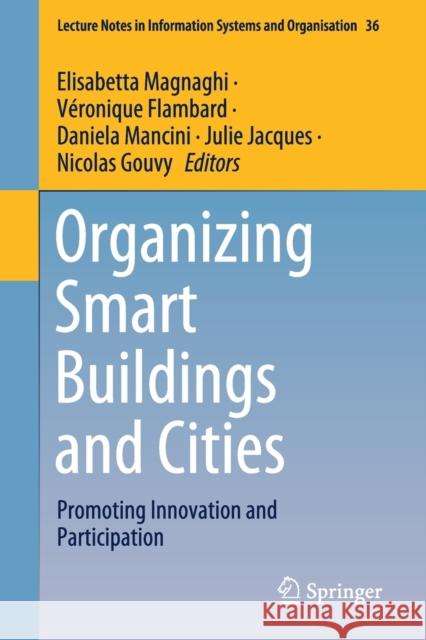Organizing Smart Buildings and Cities: Promoting Innovation and Participation » książka
topmenu
Organizing Smart Buildings and Cities: Promoting Innovation and Participation
ISBN-13: 9783030606060 / Angielski / Miękka / 2021 / 184 str.
Kategorie:
Kategorie BISAC:
Wydawca:
Springer
Seria wydawnicza:
Język:
Angielski
ISBN-13:
9783030606060
Rok wydania:
2021
Wydanie:
2021
Numer serii:
000456444
Ilość stron:
184
Waga:
0.28 kg
Wymiary:
23.39 x 15.6 x 1.07
Oprawa:
Miękka
Wolumenów:
01
Dodatkowe informacje:
Wydanie ilustrowane











